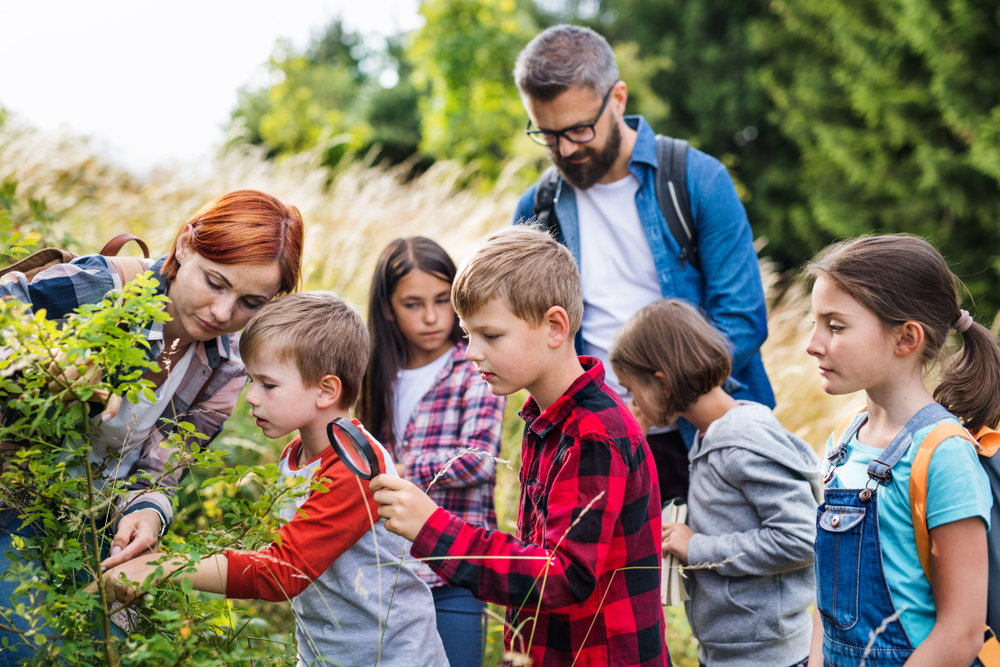Text books were previously seen as the main tools for learning and mastering of skills in the traditional education space. Nevertheless, as knowledge about learning is enhanced, there’s a shift towards appreciation of alternative routes that lead to mastery. This is an exploration beyond textbooks where there are alternatives for learning and skill development.
Experiential Learning
While textbooks offer a theoretical base, experiential learning enhances education and makes it better than that described in books. Theoretical lessons are often reinforced by experiences such as internships, apprenticeships, or real-life activities that enable individuals to put into practice what they have learnt. The method is immersive in nature and creates better understanding and closes the gap between the professional life and the classroom.

Online Courses and Platforms
Today, there are a huge number of learning activities available online which came about with the emergence of the digital age. Industry specialists teach varied courses on different areas using platforms such as Coursera, Khan Academy, and Udemy. They enable learners to create an individualized schedule or educational pathway that fits their specific learning needs as per their likes and dislikes. Additionally, most of these programs provide certifications and even degrees, disputing the belief that education occurs merely in formal environments.
Podcasts and Audiobooks
However, not all people absorb knowledge by the eye alone. Audiologs and audiobooks provide an audible choice which may work well especially for the individuals with an auditory learning style. This format allows learners to study when commuting, exercising, and even doing household chores, which makes it convenient for them. Experts in many podcasts also share their views and they are thus an important information bank for multiple opinions in several areas.
Mentorship and Networking
There is nothing as beneficial as learning from those who have already taken the steps you are about to make. However, mentorship allows for personalized advice that is tailored specifically to each learner’s needs as well as provides greater insights into the complexities that exist within certain disciplines. Networking in person and online events allow connecting with professionals, bring in different views and foster skills growth through collective activity.
Gamification and Educational Games
Gamification provides an entertaining and competitive approach to learning. The educational games are either board games or app that make learning fun and turn complex subjects into an interactive experience. This not only entertains learners but also helps them to remember through active involvement. The available games include coded games for wannabe programmers as well as history-based strategy games for a varied selection of interests.

Volunteering and Community Engagement
Giving back to the community is one of the most effective ways for people or organizations to learn. Engaging in voluntary work exposes the mind to new ways of thinking beyond their familiar surroundings, and enables one to become considerate of other people’s situations. Such skills derived from community engagement are normally transferred to other areas of one’s private life as well as his workplace.
Self-Paced Learning and Personal Projects
Some people do not feel comfortable with a restricted and timetabled learning system. The concept of self paced learning entails setting personal timeframes at which one moves and determines personal pace as well. Working directly on personal projects such as starting a blog or creating art or even a software application is an active way of learning. Personal projects go through an inherent process of trial and error which is a real teacher, teaching lessons which books will miss.
Travel and Cultural Immersion
Sometimes trying out different cultures is like learning on its own. People learn a variety of belief systems, traditions, and experiences on traveling since it makes them vulnerable to different views in other places which are totally alien to their own world view. Taking up a new culture pushes our limits, hence enlarges our outlook about life on earth. Backpacking expeditions and cultural exchange programs can be some unique ways of learning about other people’s culture and gaining a global outlook.
Finally, one can never forget that despite its significance, there are countless other ways to learn outside the standard textbook. Mastery of knowledge and skills can also be through experiential learning, online course, podcast, mentoring, gamification, volunteering, self-paced learning, personal project, and traveling. These options can create some variety in the process of learning and inspire people to explore different ways that can lead them to their personal success. However, we must understand that learning starts at birth and never ends.
